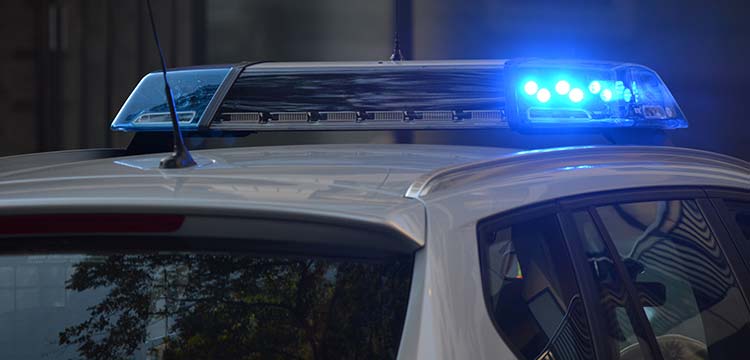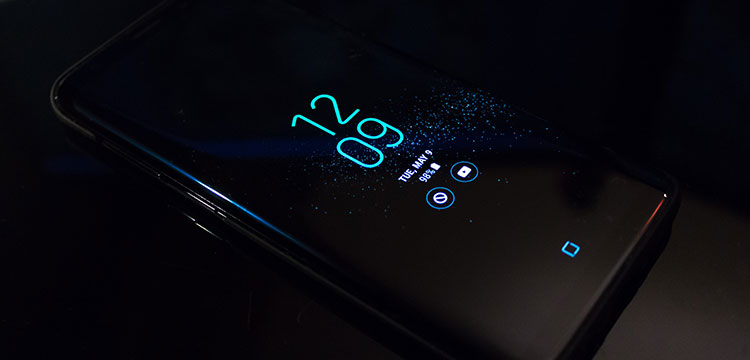Basic Rights When Dealing with The Police

It’s inevitable. Sooner or later you’re going to have to deal with the police.
To be fair, the police for the most part are here to protect us. But they are also here to investigate crimes, and charge and arrest us for criminal offences should they believe they have grounds to do so.
The Police Want to Talk to Me. What Should I Do?
Most people, especially people who have never been charged with a criminal offence, find it very hard not to answer questions asked by a police officer. For many, the police officer is an authority figure, and a person to be obeyed.
In fact, the police have no special power to compel you to speak to them. The police are allowed to ask questions but must let you go on your way unless they have grounds to arrest or detain you.
If you are stopped and questioned by the police, you are not required to answer their questions.
If you are the suspect in a criminal investigation and are arrested and detained, you have the right to retain and instruct a lawyer. In such a case you should tell the police that you do not want to say anything until you have spoken to a lawyer.
Do I Have to Identify Myself to the Police?
If you are a suspect in a criminal investigation, the police will want to know who you are. Even though you don’t have to talk to the police it might be a good idea to tell them who you are. If the police think you have committed an offence and you don’t tell them who you are, they could arrest and detain you in order to establish your identity. If the police are looking for someone else, you can avoid arrest by confirming you are not the person they are looking for.
While you don’t have to speak to the police, lying to them is a very bad idea. If you lie to the police about your name or address, you could be charged with obstructing justice or obstructing the police.
What to Do When Pulled Over by Police?
The police have broad powers to stop motorists in the lawful execution of their duty. In Ontario, if you are stopped while driving, you are required to provide the police with your driver’s license, your car registration documents and your insurance card. Failure to provide these documents can result in charges under the Highway Traffic Act or the Compulsory Automobile Insurance Act.
What to Do When Pulled Over on a Bike?
In Ontario, if you are riding a bicycle, the police can stop you if they have reasonable grounds to suspect that you have violated provincial or municipal traffic laws. If stopped while riding a bicycle, you must stop and give the police your name and address. Refusal to do so could result in your arrest.
You Have the Right to Remain Silent
Anything you say to the police can be used as evidence against you in court, with the exception of statements that you are required to make by law, such as an accident report.
If the police arrest or detain you, they should stop questioning you once you ask for a lawyer. The police may continue to ask you questions, even after you say you do not want to answer. The Canadian Charter of Rights and Freedoms guarantees your right to retain and instruct counsel without delay, and statements obtained in violation of that right can be excluded as evidence.
Usually a lawyer will advise you not to talk to the police. In most cases this is the best advice. Many accused persons have been convicted on the strength of evidence they themselves provided to the police.
If you are charged with a criminal offence, contact one of London, Ontario's most experienced criminal lawyers. Contact James Zegers for more information.

